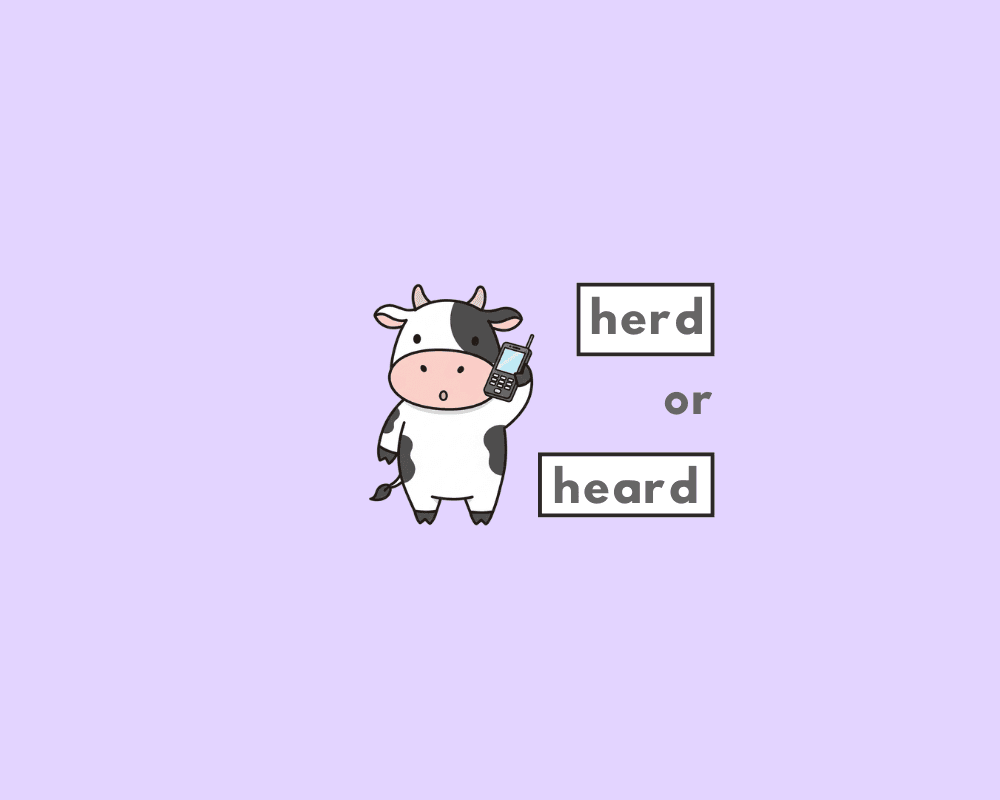Is it “humour” or “humor”?
Insofar as the noun and verb forms of humour/humor are spelled, which refers to “the quality in something that makes it funny; the ability to laugh at things that are funny”. The answer is straightforward, and it concerns regional spelling preferences:
The British audience appreciated the subtle humour in the play.
The American author emphasized the importance of honor.
The US company sent a bill for the labour performed.
Her behavior was noted by the headmistress of the British school.
- British English spells “humour” (with the “u”).
- American English spells “humor” (without “u”).
Note: UK English is predominant across most English speaking countries worldwide; except, of course, for the United States. By and large, Canada, Australia, New Zealand and a number of Caribbean countries conform to UK English spelling rules and conventions.
Other “-our”/”-or” words
Other words that share the “-our” / “-or” suffix and follow the same spelling convention:
| UK English | US English |
| favour | favor |
| labour | labor |
| behaviour | behavior |
| honour | honor |
| neighbour | neighbor |
| humour | humor |
Other forms of humour/humor
Other verb/noun forms also conform to the same spelling rules based on US/UK English:
| Part of speech | Word |
| adverb | humorously; humourlessly |
| adjective | humourless |
Sentences with humour/humor as a noun
| Word Form | Examples |
|---|---|
| Other | It was a story full of gentle humour/humor.
She ignored his feeble attempt at humour/humor. They failed to see the humour/humor of the situation. I can’t stand people with no sense of humour/humor. She has her very own brand of humour/humor. |
Sentences with humour/humor as a verb
| Word Form | Examples |
|---|---|
| Other | She thought it best to humour/humor him rather than get into an argument.
She will actually sit and watch them with me, to humour/humor me. I know you don’t agree, but just humour/humor me. |
The spelling of “humour” vs. “humor,” associate the “u” with the UK, where it’s spelled with a “u,” and remember that the US spelling omits the “u”.
Synonyms of humour/humor
- funniness
- drollery
- comedy
- humorousness
- hilariousness
- drollness
- amusement
- comicality
- irony
Phrases with humour/humor
- good sense of humour
- ill humour
- gallows humour (jokes about unpleasant things like death)
- aqueous humour (the clear liquid inside the front part of the eye)
- vitreous humour (the clear substance inside the eye)
Origin of the word humor/humour
Etymonline on humour:
|
Mid-14c., “fluid or juice of an animal or plant,” from Old North French humour “liquid, dampness; (medical) humor; from Latin umor “body fluid”. —Etymonline, humour. |
Learn more about US English vs. UK English
| Word Form | Examples |
|---|---|
| Other | UK English US English favour labour behaviour honour neighbour humour Part of speech adverb adjective It was a story full of gentle humour/humor. She ignored his feeble attempt at humour/humor. They failed to see the humour/humor of the situation. |
Sentences with humour/humor as a verb
| Word Form | Examples |
|---|---|
| Other | She thought it best to humour/humor him rather than get into an argument.
She will actually sit and watch them with me, to humour/humor me. I know you don’t agree, but just humour/humor me. |
The spelling of “humour” vs. “humor,” associate the “u” with the UK, where it’s spelled with a “u,” and remember that the US spelling omits the “u”.
Synonyms of humour/humor
- funniness
- drollery
- comedy
- humorousness
- hilariousness
- drollness
- amusement
- comicality
- irony
Phrases with humour/humor
- good sense of humour
- ill humour
- gallows humour (jokes about unpleasant things like death)
- aqueous humour (the clear liquid inside the front part of the eye)
- vitreous humour (the clear substance inside the eye)
Origin of the word humor/humour
Etymonline on humour:
|
Mid-14c., “fluid or juice of an animal or plant,” from Old North French humour “liquid, dampness; (medical) humor; from Latin umor “body fluid”. —Etymonline, humour. |
Learn more about US English vs. UK English
| Commonly misused words | UK English vs. US English |
|---|---|
| former vs. latter | burned or burnt? |
| bear with vs. bare with | color or colour? |
| breathe or breath | favorite vs. favourite |
| compliment vs. complement | smelled or smelt? |
| effect vs. affect | gray or grey? |
| elude or allude | favor vs. favour |
| it’s or its | analyze or analyse? |
Worksheet
Which is grammatically correct?
What makes a sentence grammatically correct?
Question 3: What is the main focus of this grammar content?
Question 4: Which is most important for proper grammar?
Question 5: Grammar rules help with:
Question 6: What is the main focus of this grammar content?
Question 7: Which is most important for proper grammar?
Question 8: Grammar rules help with:
Question 9: What is the main focus of this grammar content?
Question 10: Which is most important for proper grammar?
Which aspect is most important when learning grammar?
How can you improve your grammar skills?
FAQs
What are literary devices?
+
How do literary devices differ from rhetorical devices?
+
Why should I learn about literary devices?
+
Can I use literary devices in my own writing?
+
What’s the best way to remember different devices?
+
[/sources]
- Harper, Douglas. “Etymology of humor.” Online Etymology Dictionary, Accessed 12 February, 2024.
- Oxford Learner’s Dictionary, Accessed on 12 February, 2024. “aqueous humour“.
Yash, D. "Humour or Humor, Which is the Right Word?." Grammarflex, Sep 15, 2025, https://grammarflex.com/humour-vs-humor-which-spelling-is-correct/.








